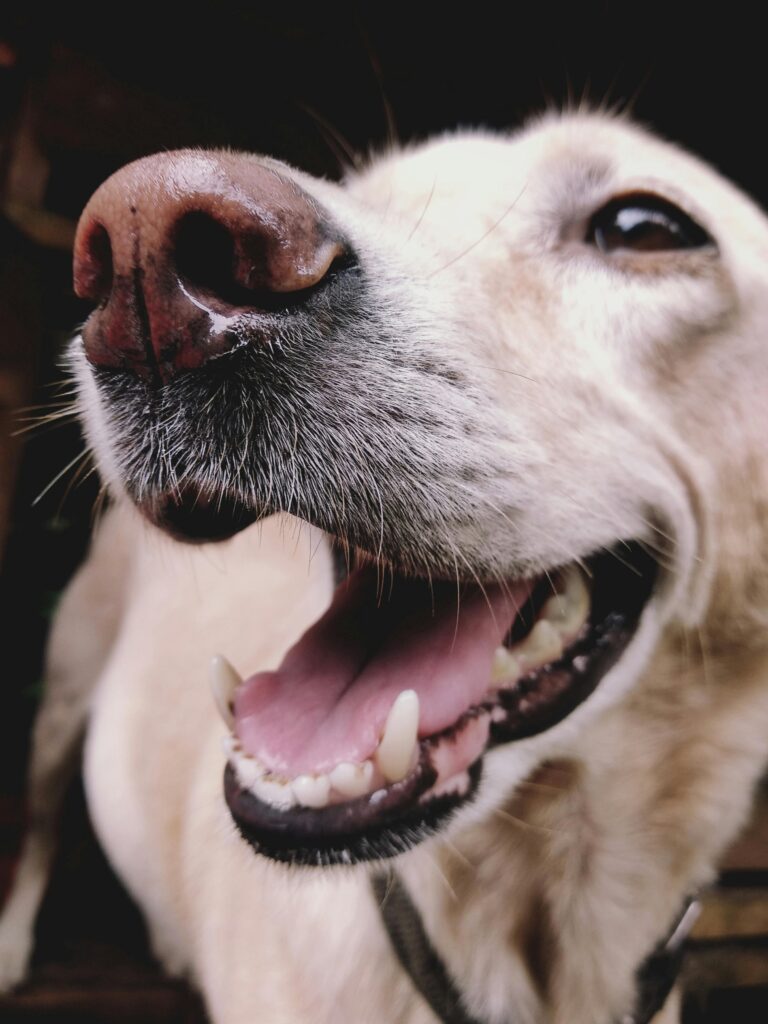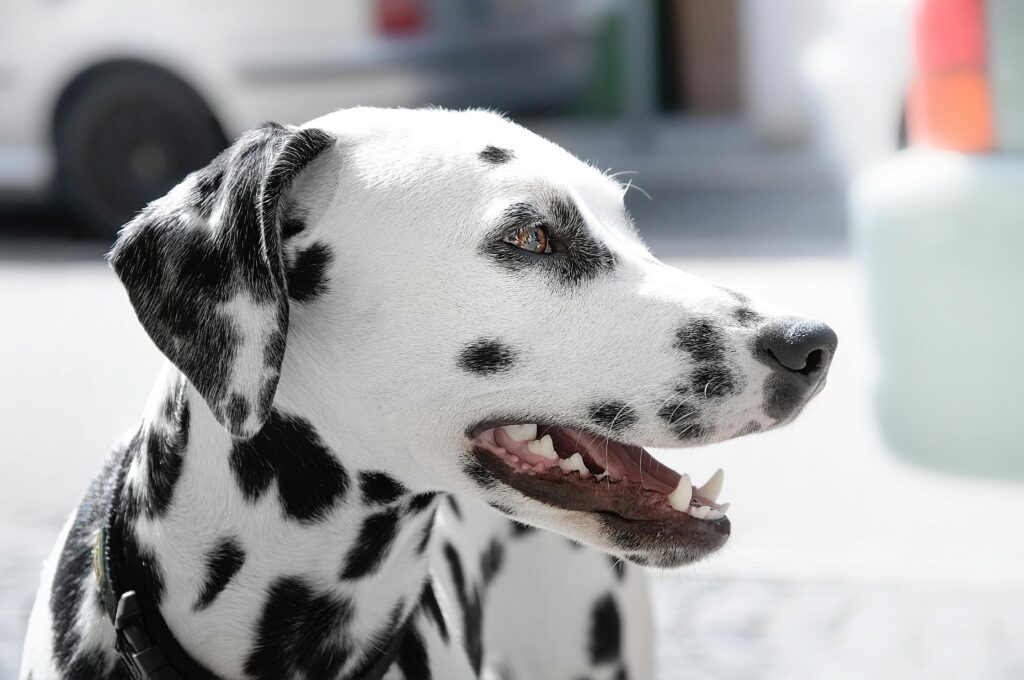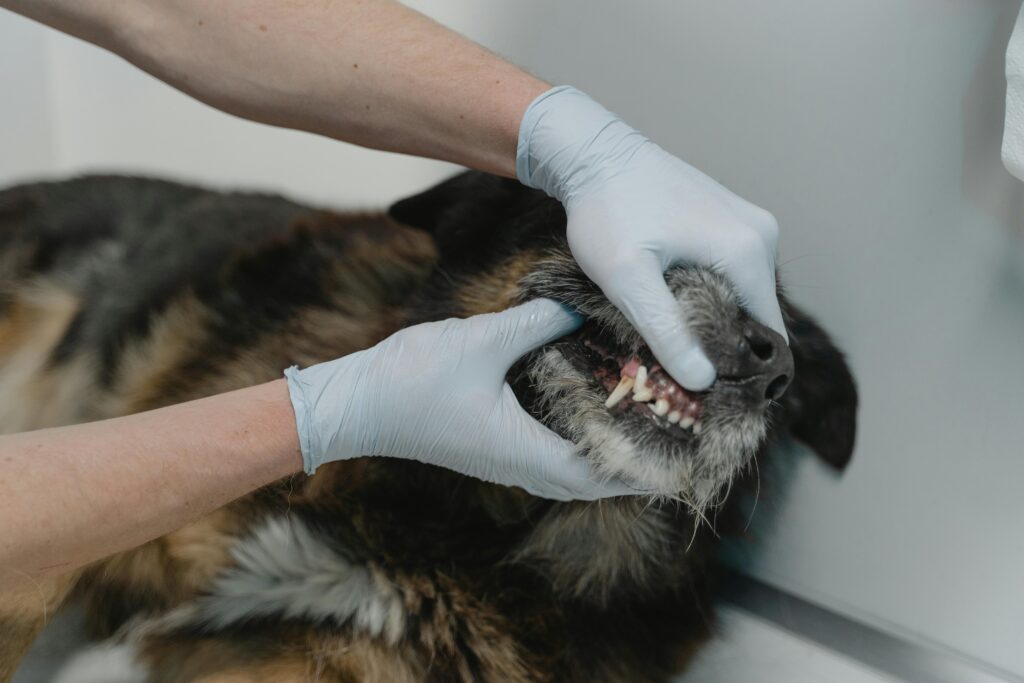Last updated: September 2, 2025
Introduction
Dental disease is one of the most common health issues in pets — especially cats and dogs. Treatments like tooth extractions or gum disease management can cost hundreds of pounds, yet many owners are unsure if their insurance will help. If you’re wondering about pet insurance dental cover UK policies, you’re not alone.
In this guide, we’ll explain which dental treatments are covered, which aren’t, and how to choose the right policy if you want to protect against vet dental bills in 2025.

Why Dental Care Matters for Pets
- 80% of dogs and 70% of cats show signs of dental disease by age 3 (source: UK veterinary surveys).
- Untreated dental issues can lead to pain, tooth loss, infections, and even systemic illness affecting the heart or kidneys.
- Professional dental cleanings under anaesthetic are often required — and can cost £250–£800 depending on the case.
With figures like these, dental cover can be an essential part of pet insurance.
What Dental Treatments Are Typically Covered?
Most pet insurance dental cover UK policies fall into two categories:
- Dental treatment for accidents/injury
- Broken or damaged teeth from accidents (e.g., chewing a stone, being hit by a car).
- These are almost always covered under standard accident or illness policies.
- Dental treatment for illness
- Gum disease, tooth extractions, or infections.
- Coverage varies significantly between insurers. Some lifetime policies include this if the pet has regular dental check-ups.
What Isn’t Usually Covered?
Even with the best policies, certain exclusions apply:
- Routine care: Scale and polish, annual cleanings, cosmetic work.
- Pre-existing dental disease: Any issues noted before you take out the policy.
- Neglect: If you can’t prove your pet has had regular dental check-ups or vaccinations.
Insurers That Provide Dental Cover
🐾 Petplan
- Covers dental illness and injury as long as pets have regular check-ups.
- One of the most comprehensive options for dental cover.
🐾 ManyPets
- Offers cover for dental illnesses in their complete policies.
- Particularly strong on covering conditions often excluded elsewhere.
🐾 Animal Friends
- Accident-related dental cover included as standard.
- Illness-related dental issues only included on certain higher-tier policies.
🐾 Waggel
- Covers dental accidents.
- Some policies extend to dental illness if your pet has annual check-ups.
Tips for Making Sure Dental Care Is Covered
- Read the small print – Some policies only cover accidents, not illness.
- Book annual check-ups – Insurers often require proof of dental exams to keep cover valid.
- Consider lifetime cover – Lifetime policies are most likely to include dental illness.
- Budget for routine care – Even the best policies rarely cover routine scale and polish.
- Start early – Younger pets are cheaper to insure, and coverage is easier to secure before issues arise.
FAQs About Pet Insurance Dental Cover UK
Does every policy include dental illness cover?
No. Many cheaper policies only cover dental accidents, not disease. Always check policy wording carefully.
Can I claim for routine dental cleaning?
This is not usually possible. Routine cleanings are considered preventative and are excluded by almost all insurers.
If my pet already has dental problems, will they be covered?
No. Pre-existing conditions are excluded. However, future dental problems unrelated to the existing issue may still be covered.
Which is better: paying out of pocket or getting dental cover?
If you have a young pet, adding dental cover via lifetime insurance is often worthwhile. A single extraction procedure can cost as much as several years of premiums.

Conclusion
Dental health is a vital but often overlooked part of pet care. The best pet insurance dental cover UK policies go beyond accident-only protection and include illness-related treatment — provided your pet has regular check-ups.
🐾 To protect your pet from costly dental treatments, explore insurers like Petplan, ManyPets, and Waggel. For further reading, see our Pet Insurance Guides and check independent advice from the British Veterinary Association. Choosing wisely today can help ensure your pet stays healthy — without unexpected vet bills.

